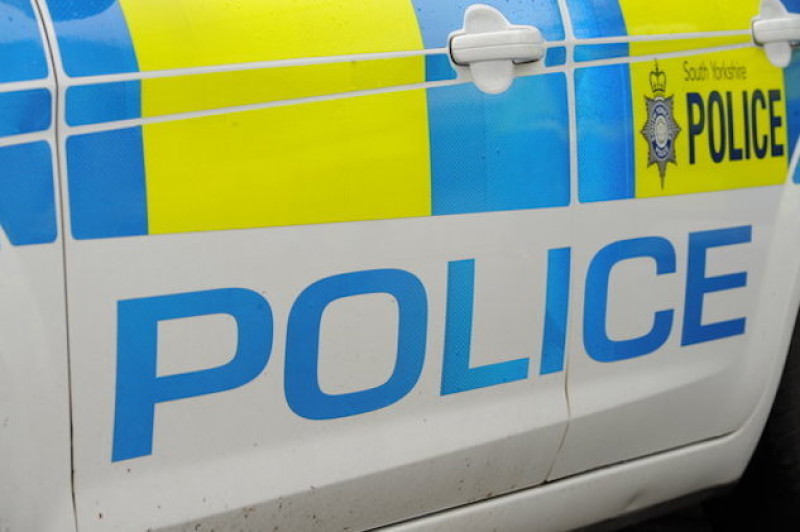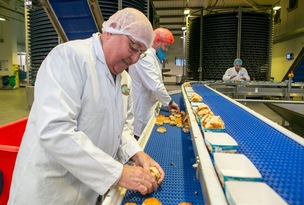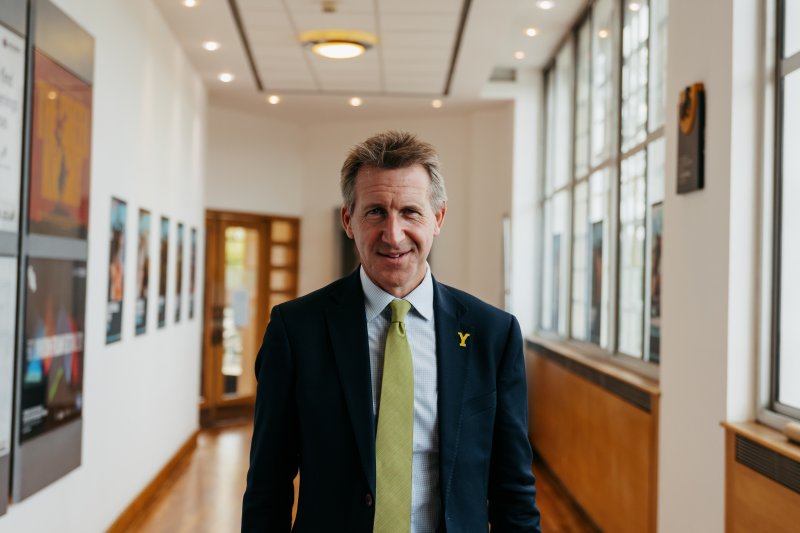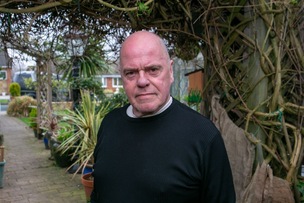POLICE and lawyers are in talks which could result in a new form of legal action against drug abusers who blight town centres by taking ‘spice’ which leaves users in a zombie-like state.
Spice is a powerful synthetic drug which has become increasingly popular among abusers, who frequently take it in the street and are left in a state of collapse as a result.
Police and councils have used a series of measures to try to control the problem but have now started discussions with the Crown Prosecution Service over whether users are committing ‘public nuisance’ offences by their actions.
If they are deemed to be in breach of the law, it would open the door to prosecution and any case brought by South Yorkshire Police, if successful, would act as a test case to open up that avenue for the rest of the country.
Supt Sarah Poolman said: “We would be setting a precedent if we succeeded in getting a charge of public nuisance.
“This is not just a criminal justice issue, it is societal issue.
“People are much more aware of the use of spice than heroin or cocaine, which people tend to do in private so it is not as visible.
“There has been a big shift to spice which has had a huge impact for the short term.”
Police work to tackle the problem in Barnsley, where the problem has emerged with increasing frequency, had been “quite innovative”, she said, using anti social behaviour legislation to take users out of the town centre though she conceded that was only moving the problem.
“We are also engaged with public health on an holistic view and how we can assist people in not taking spice.”
Although succeeding in prosecutions under public nuisance laws may help,
Supt Poolman said: “We cannot arrest our way out of it.
“We are engaging heavily with public health, mental health and drugs and alcohol services in Barnsley.”
Deputy Chief Constable Mark Roberts added: “We have had people in a collapsed state and people are really concerned.
“We are often pseudo-medics, trying to work out what we do with zombified people.”
Finding people in that state, a consequence of taking a controlled drug, was “not strictly a criminal offence” he said raising legal arguments around potentially taking action on public nuisance grounds.
The production, supply or importation of such drugs, called synthetic cannabinoids and previously known as legal highs, was made illegal in May 2016 with the introduction of the Psychoactive Substances Act.




























